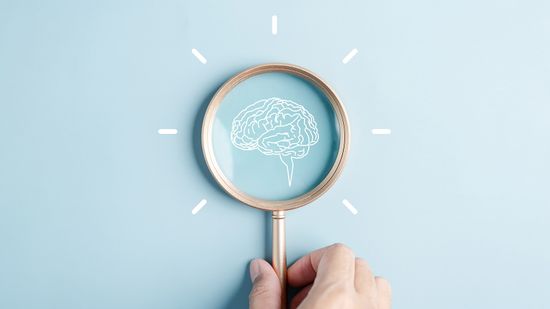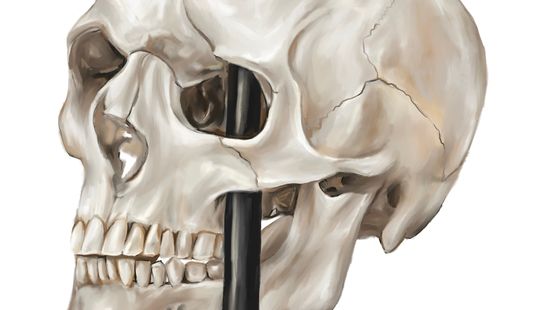Inside the Mind
What are dreams really made of? Are humans the smartest animal? What causes schizophrenia? Travel inside the mind and find out how the human brain works.

Is He Faithful? How to Identify Signs of Cheating in a Relationship

Why the Little Albert Experiment Could Never Happen Today

Milgram Shock Experiment: A Vital Lesson in Social Psychology

9 Types of Intelligence: The Many Ways to Expand Your Mind

Phineas Gage and the Birth of Modern Neuroscience

Call of the Void: A Counterintuitive Form of Self-preservation
Learn More / Page 9
Pain is subjective - what is excruciating to you might be tolerable to me. Which is why it's so difficult to measure and control.
People who hallucinate typically see, hear, feel, smell or otherwise experience things that simply aren't real. Often, these sensory fake-outs indicate a serious medical condition.
By Alia Hoyt
Emotionally sensitive people sometimes get a bad rap from others. But being an empath can be a gift, as long as you take care of it. So how do you know if you're one?
By Alia Hoyt
Advertisement
We all know what it feels like to be burned out. But does that really mean that our brain is tired? And is it the same as when other muscles tire out?
People often make vision boards at the start of the year. Some swear by vision boards for making their dreams come true. But is there any science to back that up?
By Alia Hoyt
Ever tried to get your child, spouse or friend to do something by telling them to do the opposite? That's reverse psychology. But how often does it work?
One in three people consistently struggle through the autumn and winter months with a type of depression known as seasonal affective disorder (SAD). Here are some tips for dealing with it.
Advertisement
Ever find yourself momentarily disoriented in a familiar place or encounter a friend who looks like a stranger? You could be experiencing jamais vu.
If you want to quantify how happy someone is, do you count the number of smiles he or she cracks in a single day? Some researchers are stumped as to how happiness can be measured.
If you've ever dashed into the grocery store to pick up a tube of toothpaste, you've likely been stopped in your tracks by the sheer number of options available. So why does having more options make it so much harder to make the right choice?
By Tom Scheve
Delve into Freud's Oedipus complex, a theory suggesting children experience unconscious desires for their opposite-sex parent and rivalry with their same-sex parent.
By John Donovan
Advertisement
If you engage in constant self-talk, it may surprise you that some people think in pictures instead or do nothing at all. And the number of people truly having an inner monologue may not be as great as you think.
Your dreams have meaning, but dream interpretation is tough. So what does it mean when you dream about someone all the time? We talked to dream analysts who help explain.












